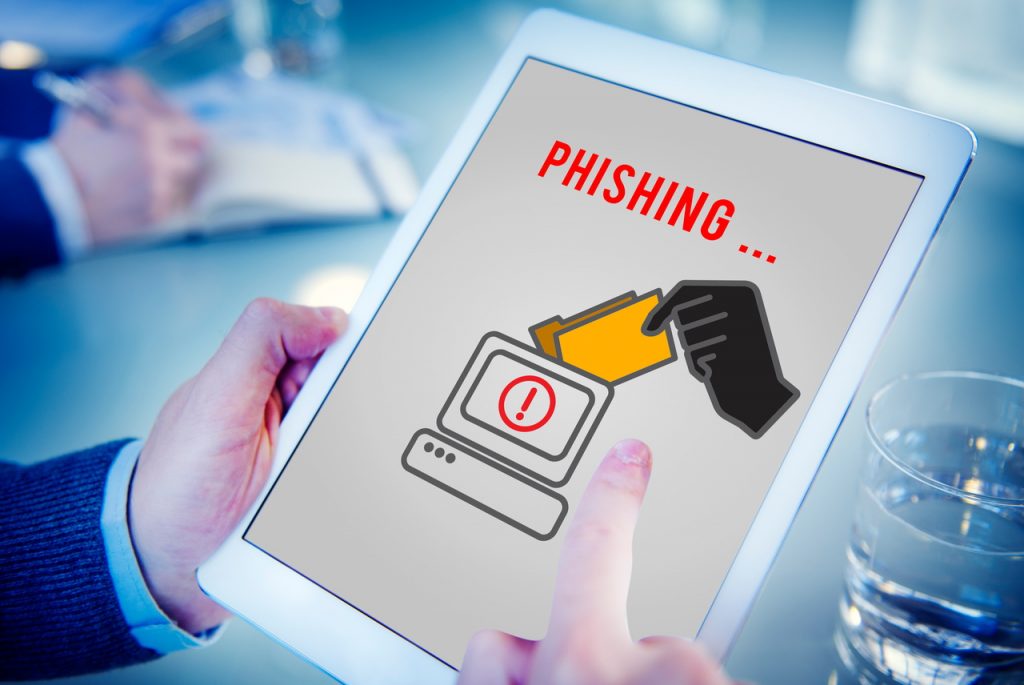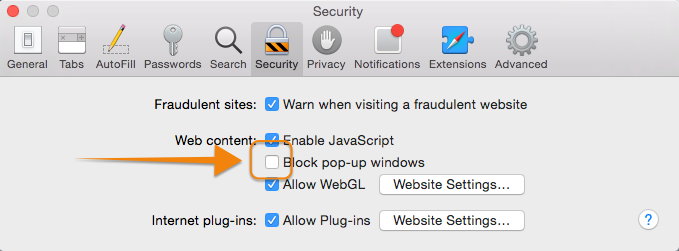One day, a user may realize that someone has withdrawn money from his credit card, which is located in another part of the world. It sounds a bit odd, but how does phishing work? Do you know what phishing is and how to prevent phishing attacks, emails and scams?
3.4 billion spam emails are sent daily, and thousands of users fall for scams and share their private data. Another part of Phishing scams comes from social networks and pop-up ads. Phishing scams lead you to money loss and leakage of your personal information. There are different types of phishing scams. You may check more stats here.

The main tip is to be more attentive while using the internet. You may say I’m always careful, but I listed the suggestions to stop phishing to help you understand what I mean.
How to Prevent Phishing
Hereunder are a few tips to avoid phishing scams, attacks, or emails.
1. Install An Antivirus Program
Protect your Mac with third-party antivirus and internet security programs. Running antivirus software can help protect you from phishing scams, emails, and attacks.
The fact is, antivirus and anti-spam software won’t protect you if you don’t know how to use them yourself. Therefore, you need to act maturely and step up your security. We will show you how below.
2. Don’t Open Unrecognized Emails
It would have appeared that we covered it in our previous point, but there is much more to email security than you realize. The first thing you need to do is avoid touching links from any unknown mail.
Don’t download the attachments. They have malicious content and will not do anything good. Step up your security and try to use end-to-end encryption. It helps to secure your sensitive emails. If you want, you can try the extensions and apps introduced for this purpose.
Do not open emails from unrecognized senders. If you opened such an email, don’t follow any links. Phishing via email is a typical way of information theft by phishers.
3. Frequently Reset Password
The first step in breaching your online profile is a password; in most cases, these are the first things that are compromised. There is no such thing as a risk-reward for easy and fast vs. long and hard to guess. Many applications generate a unique, long, and complex password.
So avoid using the name of your spouse, kids, hometown, or other such sentimental detail as your password. These are very easy to guess. If you use such a password, you just give yourself away.
Therefore, step up your security and create a complex and unique password. It doesn’t have to be related to your life and should consist of an uppercase letter and at least one number. It will ensure your account stays protected.
You can enable Two-Factor Authentication for every online service you use if needed.
Always log out of your accounts and reset the passwords regularly. It is the first thing that the phishers are looking for.
4. Secure Browsing
Everyone is on the internet now. We spend considerable time on the internet regularly; there is no denying that. We are not saying this isn’t nice; we want you to have better security while at it.
Therefore, we are taking the liberty of suggesting a few tips to secure you while surfing the internet. First, make sure your website address has HTTPS, HTTP+SSL (Secure Socket Layer). Second, switch to anonymous browsing. You can choose a one-time system proxy or a full-time VPN service. Both will help your case.
When considering online payments and transactions, make sure that the website is secure. Look for the lock icon in the browser’s status bar or an “https:” URL.
5. Never Share Your Private Data
You should refrain from sharing any personal or sensitive information, including your full name, credit card information, social security number, and password.
Never email your personal information, even if you know the recipient well. Your personal or financial information can be stolen during the delivery process. Or else, you will never know who may get access to your account.
If you find yourself at such a point in a conversation, you better pull the plug. Scammers are targeting you, and it’s time you took proper measures to improve your online security. Don’t be naïve; you need to take extra precautions from then on.
6. Use Pop-up Blockers
As mentioned above, avoid the pop-up ads and other pages asking you to click the link. You may see these websites promoting online games or other content. To enable the pop-up blocker, go to Safari Preferences > Security and select the “Block pop-up windows” checkbox.

7. Report Phishing Attack
Always check your online banking accounts for security concerns. If you have any doubtful activity, do not hesitate to report it to the bank.
8. Use Your Common Sense
It is your best defense. Trust your gut, and if something feels wrong, turn away. Keep yourself safe, and don’t feel bad. It is for our good. So, avoid clicking on links or downloading a file from an unknown source.
It was all about how to prevent phishing scams, attacks, and emails.
